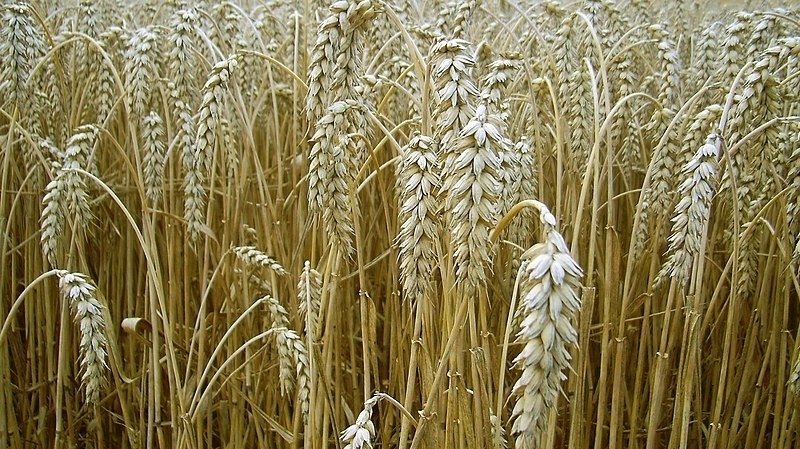Can Genetically Modified Wheat and Soybeans Address the Global Food Crisis?

Introduction
The ongoing global food crisis has prompted discussions about innovative solutions, including genetically modified (GM) crops such as wheat and soybean. While these crops promise higher yields, the pressing concerns of drought and climate change cannot be overlooked.
The Role of GM Crops
GM crops, particularly wheat and soybean, are touted for their resilience against extreme weather conditions. These traits could potentially offset the impact of diminishing agricultural outputs.
Addressing Climate Change
- Deforestation is a significant contributor to climate change.
- Shifting focus towards forest conservation might yield more sustainable long-term solutions.
- Integrating agricultural practices with environmental protection can enhance food security.
Conclusion
While GM crops like wheat and soybean may appear to be immediate answers to global hunger, prioritizing ecological measures such as deforestation prevention may provide a more sustainable resolution.
This article was prepared using information from open sources in accordance with the principles of Ethical Policy. The editorial team is not responsible for absolute accuracy, as it relies on data from the sources referenced.